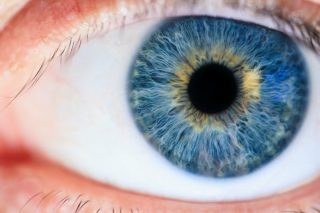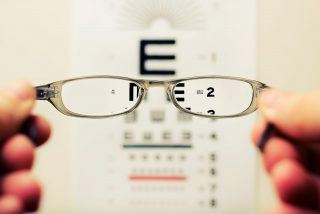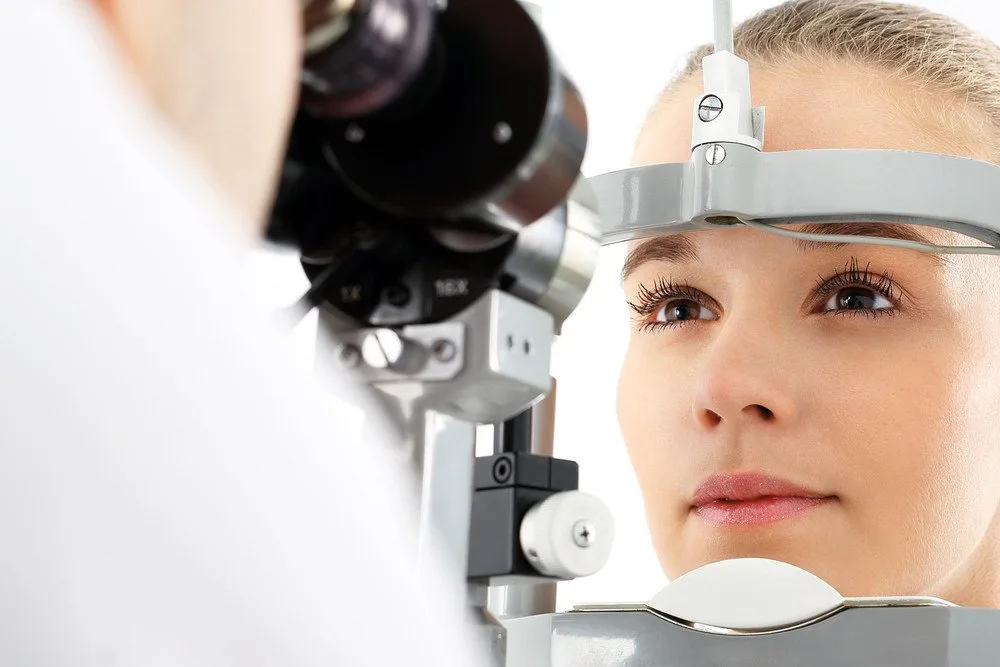The word glaucoma doesn’t really mean anything to anyone, it’s just a word. However, for 57 million around the world, it’s a condition that’s affecting their vision and health. However, by prioritizing and making your eye health a priority, you can ensure that the silent thief of sight steals your light.
Glaucoma: Everything You Need To Know
“Statistics state that glaucoma is one of the top 5 leading causes of blindness worldwide.” – Dr. Liani Myburgh, Optometrist.
According to Dr. Myburgh, who practices as an optometrist at SpecSavers in Bloemfontein, patients with diabetes and hypertension face a higher risk of developing eye disease. She shares that glaucoma happens on the nerve, which is really the back surface of the eye,

Photo by Elena Taranenko on Unsplash
“It is inside the eye, and it’s something that you won’t be able to notice, and this is why it is important for each person to do regular eye exams.”
Dr. Myburgh adds that glaucoma is a degenerative disease and is irreversible. With glaucoma, the retinal hole increases in size, causing some nerve deaths, which in turn leads to vision loss. Unfortunately, whatever damage has been done, and optometrist cannot undo,
“The only management available for glaucoma is to manage it as best as one can to slow the progression of it.”
Who is at risk?
“In the African community, there are certain genes that make them quite prone to glaucoma. In the Asian community, their eyeballs are a little smaller and the fluids that are draining outside the eye can be pushed closed and the pressure on the eye can increase their risk”.
Dr. Myburgh shares that diabetes, hypertension, hypotension, lifestyle habits, high prescriptions (being near-sighted) and steroids may all cause one to have a high risk of getting glaucoma.
 Additionally, while glaucoma is often considered a disease that only affects older people, Dr. Myburgh reminds us that younger people are not exempt from getting it. In fact, the youngest glaucoma patient she had referred to from a pediatrician was 6 weeks old.
Additionally, while glaucoma is often considered a disease that only affects older people, Dr. Myburgh reminds us that younger people are not exempt from getting it. In fact, the youngest glaucoma patient she had referred to from a pediatrician was 6 weeks old.
As such, your first eye exam should at least be the year before you start attending school, and from them, a regular eye exam every two years.
Warning Signs to ‘Look’ Out For
As Dr. Myburgh has said, glaucoma isn’t a disease that patients can self-diagnose, which is why it’s important to go for regular check-ups. That said, there is a sign that you can look out for.
Dr. Myburgh says that glaucoma starts to catch the side vision. If you lift your hands near your shoulders and wave your fingers, and you are able to see them, then you should be okay.

Photo by Ksenia Chernaya from Pexels
How to detect glaucoma
When going for an eye exam, a full glaucoma test should be taken. Optometrists can detect the disease by using a simple tool called the arch perimeter. On the side, there are numbers that measure the degree of your vision.
- The patients sit on a chair and close their left eye and a target is placed on the open eye to try to see how far they can see as on the right eye.
- The second device used is a tonometer, which measures the inner pressure of the eye.
One factor that needs to be taken into consideration is that if a patient has epilepsy, let your optometrist know about it. This is because during the eye test, there are flashes and a lot of lights and this may induce an epileptic fit.
The bottom line – check your eyes
The scary part of glaucoma is that by the time patients go for their regular check-up or when symptomatic, the damage that has been caused is quite major and has quite advanced. Therefore, picking up the disease quite early helps to manage damage done easier and less nerve damage.

Photo by David Travis on Unsplash
If you have any autoimmune diseases, hypertension, and diabetes should have their check-ups yearly. Glaucoma patient’s check-ups are at least every 6 months.
If you’re looking to go for an eye test but can’t avoid it, Dr. Myburgh suggests speaking to your nearest optometrist or manager as they might be willing to help.
“Glaucoma has quite a great prognosis if picked up early. It isn’t something that you should lie awake at night worrying about.
If you’re going to visit your doctor and ophthalmologist regularly, do your follow-ups and use your medication and prescribed, you’re going to have a long and healthy outcome for your eyes.”
WATCH THE INTERVIEW
The video interview with Dr. Liani Myburgh contains the entire dialogue of this interview, and you can watch it below.
View this post on Instagram





![women [longevity live]](https://longevitylive.com/wp-content/uploads/2020/01/photo-of-women-walking-down-the-street-1116984-100x100.jpg)










